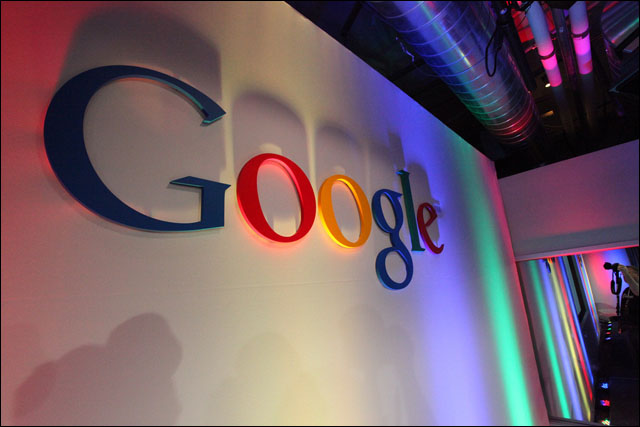in brief The Australian newspaper has reported that Google will appeal in the High Court a ruling last week that the search giant had displayed misleading or deceptive advertisements on its search results pages.
The ACCC had first filed the case in July 2007 in the Federal Court alleging that Google had engaged in misleading or deceptive conduct by publishing eleven advertisements on Google’s search results page. The headline of each of the advertisements in question comprised a business name, product name or web address of a competitor’s business not sponsored, affiliated or associated with the particular advertiser. When a user clicked the headline of the advertisement, he or she was taken to the advertiser’s website.
Among the outcomes the ACCC sought at the time were injunctions which would have restrained Google from publishing sponsored links representing organisations which did not exist — such as the Trading Post’s move to place advertisements for “Kloster Ford” and “Charlestown Toyota”, both of which were names of car retailers in Newcastle.
Google initially won its case before a single Federal Court judge, but last week the full bench of the Federal Court upheld the ACCC’s appeal in the matter, ordering Google to put in place a consumer law compliance programme and pay the ACCC’s costs of the appeal.
In upholding the ACCC’s appeal, the Full Court concluded that “here Google created the message which it presents. Google’s search engine calls up and displays the response to the user’s query. It is Google’s technology which creates that which is displayed. Google did not merely repeat or pass on a statement by the advertiser: what is displayed in response to the user’s search query is not the equivalent of Google saying here is a statement by an advertiser which is passed on for what it is worth.”
Google has not yet commented on the matter, but The Australian newspaper reported today (click here for the full article, although it’s paywalled) that Google would take the matter further:
“Google is poised to launch a High Court challenge to a Federal Court finding that it engaged in false and misleading advertising, fearing the decision could have global implications for the search advertising market, worth tens of billions of dollars.”
opinion/analysis
When the ACCC initially lost its case against Google, I wrote that the judgement sounded like a victory for common sense, given that most people these days understand that Google has normal links and paid advertisements in its search results, and that they are pretty clearly delineated. Consequently, I believed the ACCC was barking up the wrong tree in its appeal — and may even not quite understand the nature of the Internet publishing platform it’s dealing with here.
I still believe the ACCC has far, far better things to spend its time on than targeting Google’s advertising functionality, a service which I have heard few (if any) people complain about over the past decade or so that it’s been available. However, as I wrote last week, the judgement of the full Federal Court did legitimise the ACCC’s actions. Perhaps Google does have to answer further for its actions. However, if Google does appeal and win its case, that will be a powerful message to the ACCC to avoid messing with this area in future.
Image credit: Robert Scoble, Creative Commons


lol googles search results these days are next to useless unless you go few pages in, away from the paid
BS, then you can actually find what you want. without some pagerank BS.
I agree, Google’s search results are getting worse by the day. I really hope Microsoft’s Bing is up to spec, because I might consider switching shortly.
Try DuckDuckGo Renai, I had been using it intermittently for a while and actually found myself using it more than I thought. Takes a little bit to get used to but the search abilities are amazing, especially for research and cutting down on the extraneous weirdness that google throws up
http://duckduckgo.com/
As for the ACCC case, you need to remember it is from 2007 and on what was happening at that time. It is really not about what consumers would find confusing now, but what they would of found confusing then.
Don’t forget that DuckDuckGo uses Bing for it’s search results.
ACCC pursuing another high profile case, instead of actually assisting consumers.
Essentially Google was found to mislead consumers by responding to a user request (e.g. search for ‘Honda.com.au’) with a sponsored ad titled with the exact same search (Honda.com.au) linking to a competitor’s page (carsales.com.au).
I’m actually surprised Google is spending the cash to appeal this decision because it is very limited in scope. It doesn’t apply to organic search results. It doesn’t apply to non-identical sponsored results. And other than ACCCs legal costs, all Google has to do is audit their system to recommend improvements to search result accuracy (which I expect they do constantly already).
Full decision here: http://www.scribd.com/doc/87734261/document2012-04-02-163941
Comments are closed.